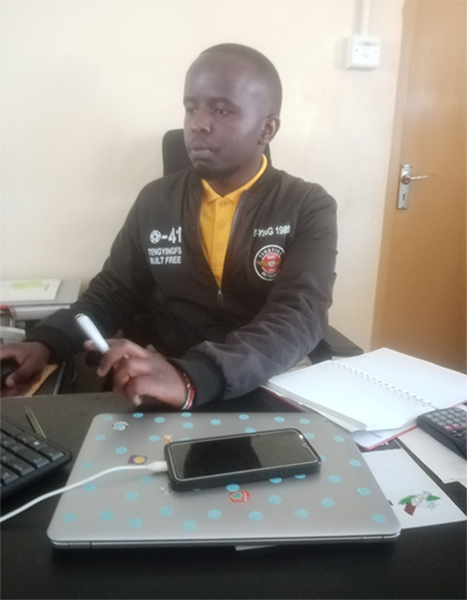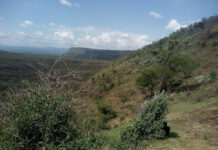By Kimondo Maina, DevReprter, Nyeri County

In Summary
- The organisation has a structured rehabilitation programme, which prioritises holistic development of children with special needs.
- Community engagement, which fosters understanding and inclusivity.
- Inclusive access to education are at the forefront of the organisation’s mission.
In African communities, disability is a topic often shrouded in silence, one that many are reluctant to address. For ages, children with disabilities have been hidden away from the community, marginalised and overlooked.
“I have heard cases where children have been hidden from the community. This is because parents deem them as not fit to be integrated into the society,” says George Thiong’o, a Nyeri resident.
However, located in the heart of Narumoru, Nyeri County, the Elizabeth Vendramini Narumoru Children’s Home (formerly known as Narumoru Disabled Children’s Home), is working towards rehabilitating special needs children through assessments, therapies, medical care, and enhancing their overall well-being and independence.
“We screen children of physical disabilities and take in those who qualify. We provide surgical intervention and do post-operative care,” stated Alex Githinji, the institution’s Programmes manager.

The organisation has implemented a structured programme that allows children with special needs to continue with their education while receiving the necessary rehabilitation support by liaising with the nearby Irigithathi Primary School, emphasising the importance of inclusive education.
Employment Creation
The organisation has also created employment opportunities, particularly for women who provide care for the children. People have been employed in the boarding department, cleaning, cooking, as well as dormitory attendants.
Moreover, the youth have found purpose in the organisation’s workshop, where walking aids for temporary prosthetics, wheelchairs, tools designed to aid children in sitting, as well as special shoes for children with limb-length discrepancies are crafted. This enterprise has not only supported livelihoods but also empowered individuals to contribute meaningfully to the community.
Pediatric physiotherapy paves the way for inspiring success stories. According to Alex Githinji, most success stories include those of children starting to stand and walk.
Awareness Campaigns and Partnerships
The institution uses a set of community-targeted interventions aimed at identifying cases at an early age. Strategies include mobile clinics, partnering with support groups and doing enough screening to enhance early interventions in the community.
The awareness campaigns have gained support from the local communities. Members of the local Mung’etho community now act as good emissaries of the undertakings at Elizabeth Vendramini Narumoru Children’s Home.
“Parents should quit hiding their children. Let parents bring children with special needs to Narumoru or any other home for them to get the support they need,” pleaded Angelica Wambui, a local resident.
The institution uses an inclusive model to help in the realisation of the Sustainable Development Goals (SDGs) and Kenya’s Vision 2030, and ensures observance of the rights of persons with disabilities as mandated in the constitution of Kenya, Article 54(1) c.
Alex Githinji envisions a more inclusive future: “I hope that in the future we have more inclusive development. I believe that is when we will realise the rights as envisioned in the United Nations rights for persons with disabilities, the SDGs, Kenya’s constitution and the country’s Vision 2030.”






